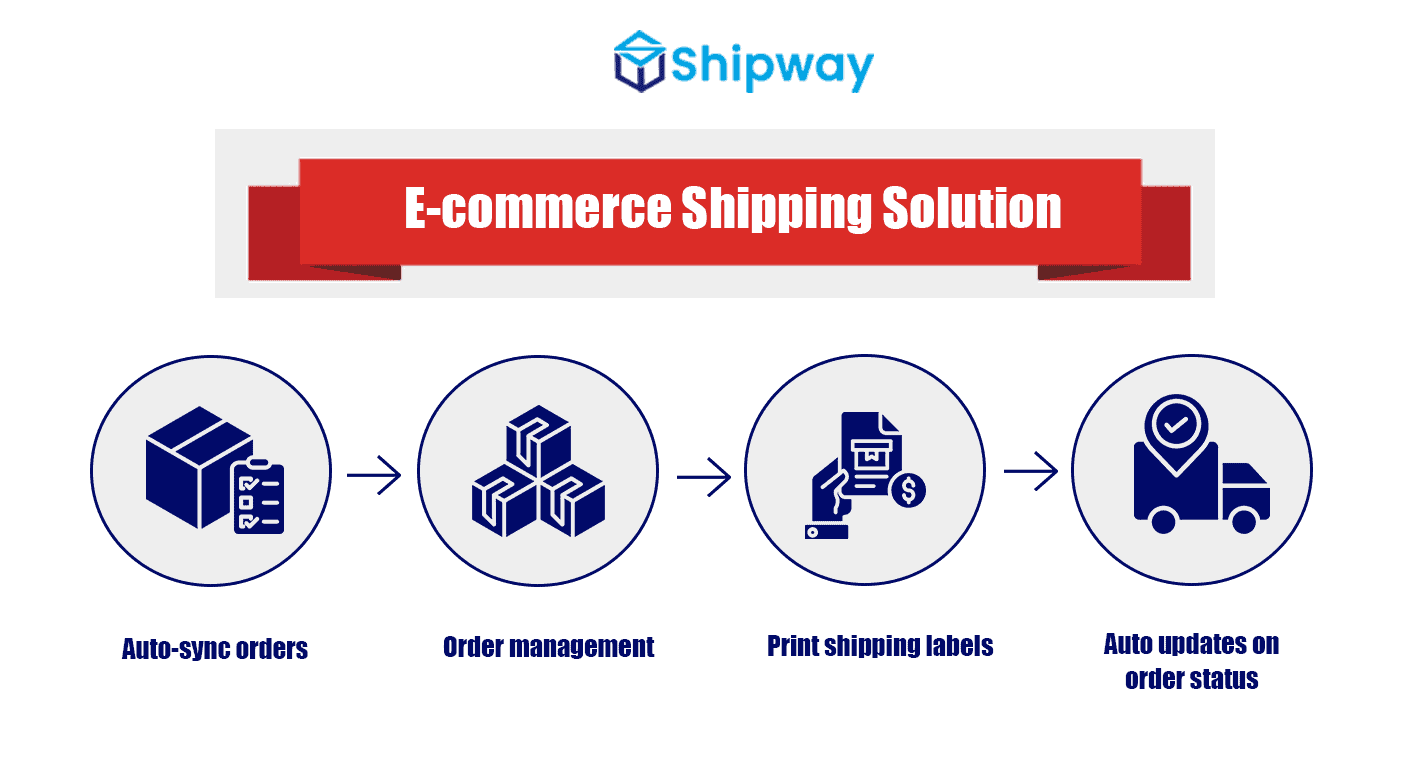Transforming Commerce: Online Order Delivery in Uganda
Related Articles: Transforming Commerce: Online Order Delivery in Uganda
Introduction
With enthusiasm, let’s navigate through the intriguing topic related to Transforming Commerce: Online Order Delivery in Uganda. Let’s weave interesting information and offer fresh perspectives to the readers.
Table of Content
Transforming Commerce: Online Order Delivery in Uganda
The digital landscape in Uganda is rapidly evolving, and online order delivery has become a crucial component of this transformation. This modern approach to commerce offers numerous benefits, impacting both businesses and consumers in profound ways. This article explores the dynamics of online order delivery in Uganda, examining its growth, challenges, and the significant role it plays in shaping the country’s economic and social fabric.
The Rise of Online Order Delivery in Uganda
The advent of the internet and the proliferation of smartphones have created fertile ground for the growth of e-commerce in Uganda. Online platforms offering a wide range of goods and services have emerged, catering to diverse needs. This has led to a corresponding surge in demand for reliable and efficient order delivery services.
Several factors have fueled the growth of online order delivery in Uganda:
- Increased Internet Penetration: The number of internet users in Uganda has been steadily rising, with mobile internet access playing a significant role. This connectivity empowers consumers to explore online shopping options and engage with delivery services.
- Convenience and Accessibility: Online order delivery offers unparalleled convenience, allowing customers to shop from the comfort of their homes or workplaces. This is particularly beneficial in a country with a limited number of physical stores, especially in rural areas.
- Expanding E-commerce Landscape: The rise of e-commerce platforms such as Jumia, Glovo, and Safeboda has created a robust ecosystem for online shopping and delivery. These platforms offer a wide selection of products, from groceries and electronics to fashion and pharmaceuticals.
- Mobile Payment Adoption: The widespread adoption of mobile money services, such as MTN Mobile Money and Airtel Money, has made online transactions more accessible and secure. This has facilitated seamless payment for online orders and delivery fees.
- Growing Middle Class: Uganda’s burgeoning middle class has increased demand for convenient and reliable delivery services. This demographic is increasingly embracing online shopping as a preferred way to acquire goods and services.
Benefits of Online Order Delivery in Uganda
The impact of online order delivery on Uganda’s economy and society is multifaceted:
- Economic Growth: Online order delivery creates new job opportunities in logistics, transportation, and customer service. It also stimulates growth in related sectors, such as packaging and warehousing.
- Increased Market Access: Businesses, particularly small and medium enterprises (SMEs), gain access to wider markets through online platforms and delivery services. This allows them to reach customers beyond their immediate geographic locations, fostering growth and competitiveness.
- Enhanced Consumer Choice: Consumers benefit from a wider selection of products and services, often at competitive prices. Online platforms offer access to international brands and specialized items that might not be readily available in physical stores.
- Improved Efficiency: Online order delivery systems streamline the logistics process, reducing delivery times and improving overall efficiency. This benefits both businesses and consumers, ensuring timely and reliable service.
- Reduced Traffic Congestion: By facilitating online purchases and deliveries, online order delivery can contribute to reducing traffic congestion in urban areas. This can lead to improved mobility and reduced environmental impact.
Challenges Facing Online Order Delivery in Uganda
While online order delivery offers numerous advantages, it also faces certain challenges:
- Infrastructure Limitations: Uganda’s road infrastructure, particularly in rural areas, can pose significant challenges for efficient and timely deliveries. Poor road conditions and limited access can lead to delays and increased costs.
- Limited Logistics Capacity: The current logistics infrastructure in Uganda may not be fully equipped to handle the increasing volume of online orders. This can lead to bottlenecks and delays in delivery services.
- Security Concerns: Issues related to theft and fraud can arise in online transactions and deliveries. Ensuring the security of both customer information and goods during the delivery process is crucial.
- Lack of Standardization: A lack of standardized practices and regulations within the online order delivery sector can lead to inconsistencies in service quality and customer experience.
- Limited Financial Inclusion: While mobile money services have increased financial inclusion, challenges remain in reaching unbanked populations in rural areas. This can hinder access to online shopping and delivery services for certain segments of the population.
FAQs on Online Order Delivery in Uganda
1. What are the most popular online order delivery platforms in Uganda?
Popular platforms include Jumia, Glovo, Safeboda, and Uber Eats, offering a variety of services, from groceries and electronics to food delivery and transportation.
2. How safe are online order deliveries in Uganda?
Security is a crucial concern. Reputable platforms implement security measures such as tracking systems, secure payment gateways, and partnerships with reliable delivery personnel. However, customers should always exercise caution and choose reputable platforms.
3. How can I track my online orders?
Most platforms provide order tracking features, allowing customers to monitor the progress of their deliveries in real-time. This provides visibility and peace of mind.
4. What are the average delivery times for online orders in Uganda?
Delivery times vary depending on the platform, location, and product type. Typically, deliveries within urban areas are faster, while rural deliveries may take longer.
5. Are there any specific regulations governing online order delivery in Uganda?
The Uganda Communications Commission (UCC) regulates the e-commerce sector, including online order delivery. However, specific regulations for online order delivery are still evolving.
Tips for Online Order Delivery in Uganda
- Choose Reputable Platforms: Opt for established platforms with positive reviews and a track record of reliable service.
- Verify Delivery Information: Ensure accurate delivery address and contact details are provided to minimize delays.
- Track Your Order: Utilize tracking features to monitor the progress of your delivery and stay informed.
- Secure Payment Methods: Use secure payment gateways and avoid sharing sensitive information with unknown parties.
- Consider Insurance: For valuable items, explore insurance options to protect against loss or damage during delivery.
Conclusion
Online order delivery has become an integral part of the Ugandan economy and society, transforming the way businesses operate and consumers shop. This trend is expected to continue, fueled by increasing internet penetration, mobile payment adoption, and a growing middle class. While challenges remain, ongoing efforts to improve infrastructure, enhance security, and promote standardization will pave the way for a more robust and efficient online order delivery ecosystem in Uganda. As technology continues to evolve, online order delivery will likely play an even greater role in shaping Uganda’s economic and social landscape, offering opportunities for growth, convenience, and empowerment for businesses and consumers alike.








Closure
Thus, we hope this article has provided valuable insights into Transforming Commerce: Online Order Delivery in Uganda. We hope you find this article informative and beneficial. See you in our next article!